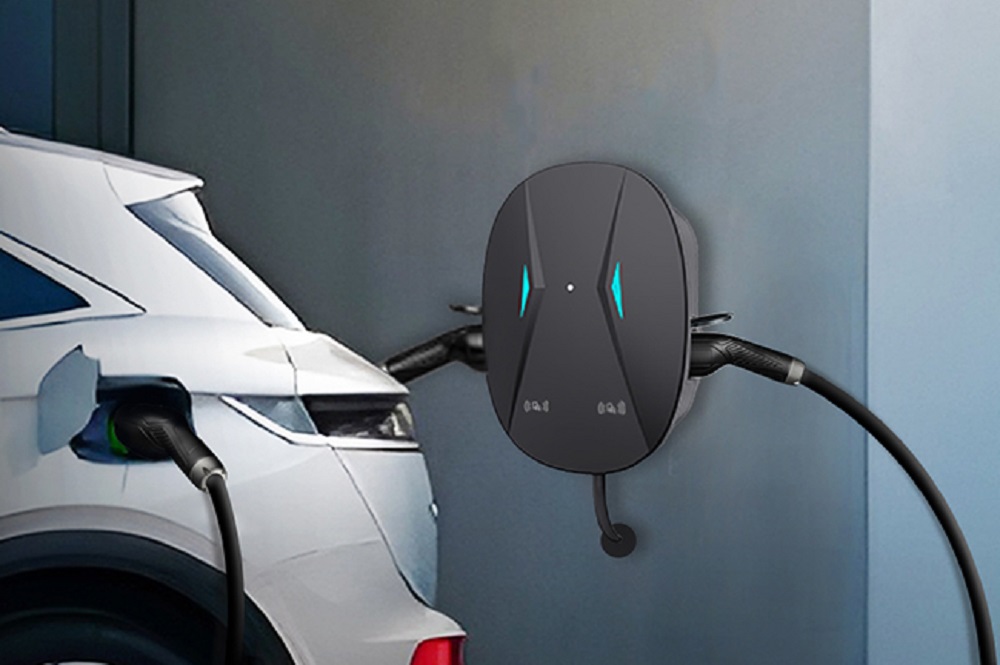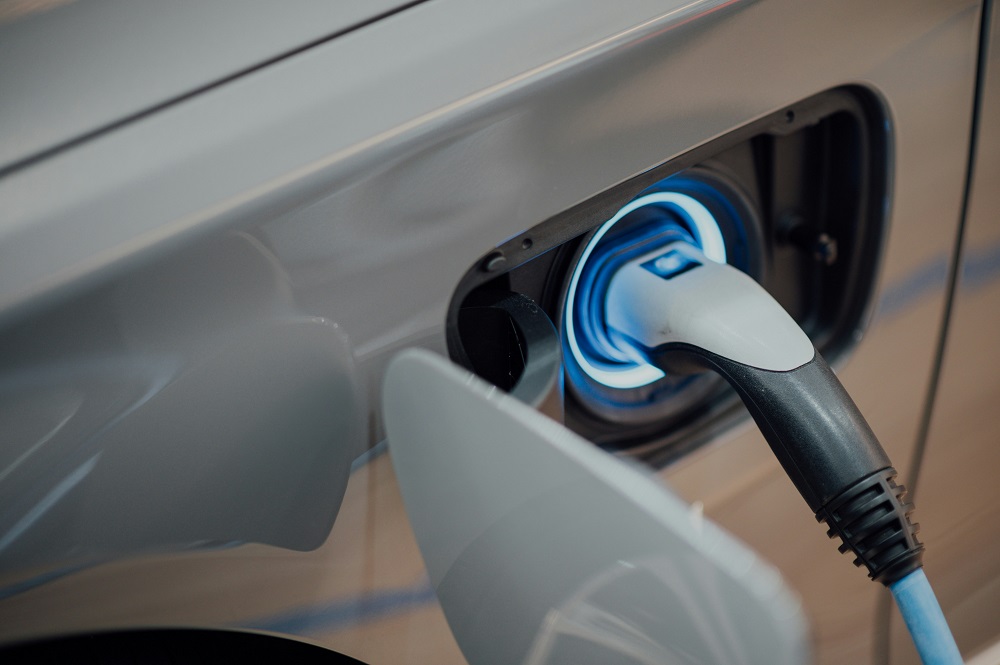
The need for efficient home charging solutions grows as EVs become increasingly popular. A dual EV charger is an excellent option for those with multiple electric vehicles or planning for future charging needs. Before making this significant investment, consider the following seven factors to ensure you make an informed decision.
Is a Dual EV Charger Suitable for Home Charging?
Yes, a dual EV charger is suitable for home charging, especially if you own or plan to own multiple electric vehicles. The convenience of simultaneous charging and the ability to efficiently manage your EV fleet makes a dual EV charger ideal for homeowners looking to embrace sustainable transportation.Here are some considerations to help you determine if a dual EV charger is suitable for home charging:
1. Charging Requirements
• Multiple EVs: If you own or plan to own various electric vehicles, a dual EV charger allows you to charge two cars simultaneously, providing added convenience.
• Single EV: If you only have one EV, a single EV charger may be sufficient, and a dual charger might be unnecessary.
2. Available Power Supply
• Electrical Panel Capacity: Check the capacity of your home's distribution board to ensure it can support the additional load of a dual EV charger (as some dual EV chargers require upgrading to a higher capacity electrical panel.) For example, Joint EVCD2. If you buy a 16/32A Joint EVCD2, you will need a three-phase 400V residential voltage.
• 3-Phase Power: Dual EV chargers often require a 3-phase power supply for optimal performance. Verify if your home has access to 3-phase power, as not all residential properties have this option.
3. Installation Costs
• Wiring and Installation: Installing a dual EV charger may involve additional wiring and installation costs compared to a single charger. Consider the overall installation expenses before making a decision.
4. Future Planning
• Vehicle Upgrades: If you upgrade to higher-capacity electric vehicles, a dual charger may be more future-proof, allowing faster charging for cars with larger batteries.
5. Charging Speed and Convenience
• Simultaneous Charging: A dual EV charger allows you to charge two vehicles simultaneously, which can be beneficial if both vehicles need charging.
• Single Charger: A single EV charger may be sufficient if you typically charge one vehicle at a time and don't require simultaneous charging.
6. Manufacturer and Model Considerations
• Charger Compatibility: Ensure that the dual EV charger you choose is compatible with the electric vehicles you own or plan to purchase.
7. Local Regulations and Permits
• Permit Requirements: Check local regulations and permit requirements for installing EV chargers, especially dual chargers.
How Long Does Charging Two EVs at Home Take?
The time it takes to chargeEVs at home depends on various factors, including the charging power of the stations, battery capacities, and the charging infrastructure. Let's explore the charging scenarios for a single EV charger compared to a dual EV charger.
1.Single EV Charger (22 kW)
• Power Output: A single EV charger with a power output of 22 kW.
• Charging time (per vehicle): The charging time for a single EV can be calculated using the formula: Charging Time=Battery Capacity Charger Power Charging Time=Charger Power Battery Capacity
• For a 60 kWh battery charged at 22 kW: Charging Time (per vehicle): 60 kWh22 kW≈2.73 hours charging time (per vehicle) = 22 kW 60kWh≈2.73hours
• Charging time (two vehicles): When charging two vehicles simultaneously, the total charging time becomes 2×2.73 hours≈5.46 hours2×2.73hours≈5.46 hours.
2.Dual EV Charger (2 * 22 kW):
• Power Output: A dual EV charger with a 2 * 22 kW total power output.
• Charging time (two vehicles simultaneously): The total charging time for two cars using a dual charger is determined by the slower of the two charging times, considering the formula: Total Charging
Time=max(Battery Capacity Single Charger Power, Battery Capacity Total Dual Charger Power)Total Charging Time=max(Single Charger Power Battery Capacity, Total Dual Charger Power Battery Capacity)
• For two 60 kWh batteries charged simultaneously at 2 * 22 kW: Total Charging Time=max(60 kWh22 kW,60 kWh2×22 kW)=2.73 hoursTotal Charging Time=max(22kW60kWh,2×22kW60kWh)=2.73hours
In summary, two 60 kWh electric vehicles charging simultaneously with a 22 kW single EV charger will take approximately 5.46 hours. Using a dual EV charger with a total power output of 2 * 22 kW, the charging time will be about 2.73 hours, as the charging time is determined by the slower of the two chargers. (Assume a voltage of 240 volts.)
What Electrical Requirements Are Needed for a Dual EV Charger at Home?
To install a dual EV charger at home, you must consider the electrical requirements:
1. Power Supply: Determine whether your home has a three-phase or single-phase power supply. Dual EV chargers may require a three-phase power supply for optimal performance.
2. Power Capacity: Assess your home's electrical capacity to ensure it can support the additional load of a dual EV charger. Upgrading your electrical panel may be necessary for higher power output.
3. Professional Installation: Seek professional advice to determine the specific electrical requirements for your dual-EV charger installation. Certified electricians can assess your home's electrical infrastructure and recommend upgrades.

Photo by CHUTTERSNAP on Unsplash
7 Things to Consider Before Buying a Dual EV Charger for Home
1. Charging Requirements
The first consideration when contemplating the purchase of a double electric car charger for home use is to assess your charging requirements. Suppose you own or plan to own multiple electric vehicles. In that case, a dual charger provides the advantage of charging two cars simultaneously, making it particularly convenient for households with multiple EVs. However, evaluating whether this capacity aligns with your current and future charging needs is crucial. A single EV charger might suffice if you own only one EV or have a low demand for simultaneous charging. Understanding your specific charging requirements is essential in determining the most cost-effective and practical solution for your situation.
2. Available Power Supply
A critical factor in installing a double EV charger is evaluating the available power supply in your home. Start by assessing your distribution board's capacity to accommodate the additional load of a dual charger. This involves understanding the power requirements of the charger and verifying compatibility with your home's electrical infrastructure. Additionally, consider whether your home has access to 3-phase power, as specific dual chargers are optimized for better performance with a 3-phase power supply. If your home does not have 3-phase power, you may need to explore the feasibility and cost implications of upgrading.
3. Installation Costs
Installing a dual electric car charger may entail additional costs related to wiring and infrastructure. Obtaining quotes from qualified electricians or EV charging station installers is crucial to understanding the total installation costs. Professional installation is highly recommended to ensure compliance with safety standards and local regulations. By considering the installation costs upfront, you can make an informed decision based on your budget and the overall investment required to integrate a dual EV charger into your home.
4. Charging Speed
One of the primary advantages of a dual EV charger is the ability to achieve faster charging times, especially when simultaneously charging two vehicles. Assessing the charging speed is vital, as it directly impacts the convenience and efficiency of your home charging setup. Consider whether the faster charging times align with your lifestyle and daily charging needs. A dual charger may be the ideal choice if you prioritize the ability to charge multiple vehicles at once and desire shorter overall charging durations.
5. Future-Proofing
Future-proofing your home charging infrastructure is crucial, especially if you anticipate upgrading to electric vehicles with larger batteries or higher charging capacities. A dual EV charger provides flexibility and scalability, making it well-suited for accommodating the evolving capabilities of future EV models. By investing in a dual charger, you can ensure that your home charging setup remains compatible with advancements in electric vehicle technology, offering a sustainable and forward-thinking solution.
6. Charger Compatibility
Ensuring compatibility between the dual EV charger and the electric vehicle models you own or plan to purchase is paramount. EVs may have varying charging capabilities, such as maximum power and connector types. Researching and verifying that the dual charger supports the specifications of your EVs will help avoid compatibility issues and ensure optimal charging performance. This step guarantees a seamless integration of the dual charger into your home charging network.
7. Smart Features and Connectivity
Modern dual electric car chargers often come equipped with smart features and connectivity options. These features can include remote monitoring, scheduling, and connectivity to mobile apps. Evaluating whether these smart features align with your preferences and lifestyle can enhance the charging experience.
Smart charging capabilities allow you to monitor and control the charging process remotely, optimize charging schedules based on electricity rates, and receive real-time updates on charging status. While these features may add convenience, it's essential to determine their practicality and value in enhancing your day-to-day charging routine.
Conclusion
Investing in a double electric car charger for your home is a strategic decision for electric vehicle owners. It offers the convenience of charging multiple EVs simultaneously and streamlines your charging routine. Before making this investment, consider the time efficiency, electrical requirements, suitability for home charging, and garage installation possibilities. By carefully evaluating these factors, you can make an informed choice that aligns with your current and future electric vehicle charging needs.
Post time: Mar-06-2024
